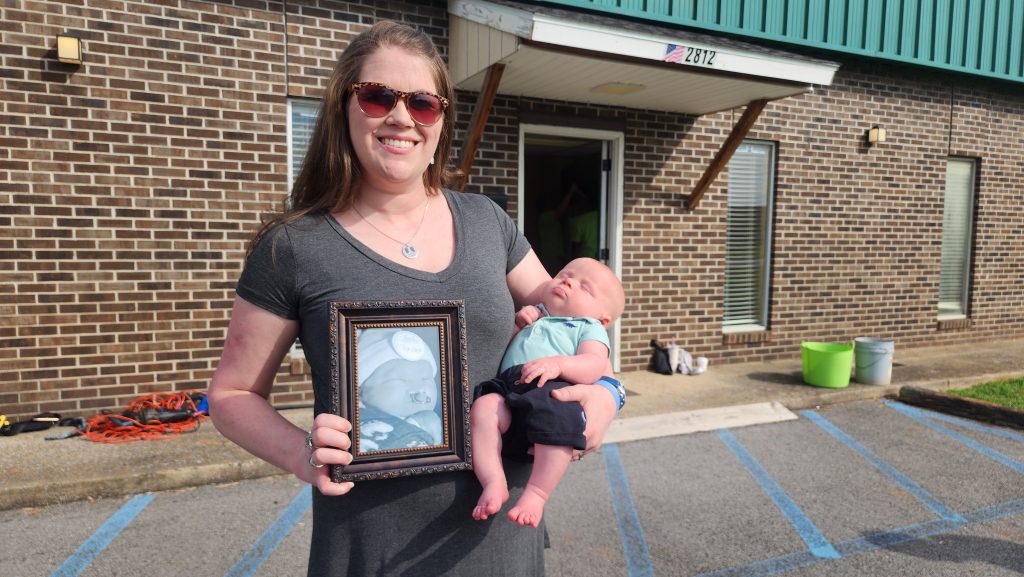HUNTSVILLE –Seasonal influenza activity continues to increase across the country with Alabama categorized as “very high” by the Centers for Disease Control and Prevention Weekly Influenza Surveillance Report.
In the wake of the flu outbreak, emergency rooms are seeing “surges of patients,” stretching their resources and wait-times.
Dr. Todd Fleenor, a pediatric emergency medicine doctor at Huntsville Hospital’s Women’s and Children’s Pediatric ER, recommends against the emergency room as the first option.
“The biggest thing we are seeing is huge surges of patients showing up in the ER,” said Fleenor, also a clinical assistant professor with UAB Medicine Huntsville. “Some of these patients, they’re literally getting fever for like 30 minutes and then rushing to the ER.”
Fleenor said going to the ER without consulting primary care doctors, pediatricians, family medicine or internal medicine doctors first could result in a five- to six-hour wait.
“One of the best resources our community has is our primary care doctors,” said Fleenor. “If possible, call your doctor first and get their recommendations. ‘Hey, is this bad enough to go to the ER?’ ‘Can we manage it at home and schedule a sick visit to be seen in the office?’”
However, Fleenor said there are certain at-risk populations that should seek emergency room intervention for the flu.
“If you have cancer and you’re on chemotherapy and you’re having a fever, that needs to be seen right away,” he said. “Also Sickle cell with fever needs to be seen right away,”
The emergency room doctor also said the very young and elderly should take extra precautions.
“Younger children, especially little babies or children under 2 seem to be bit higher risk for flu complications,” Fleenor said. “And our older patients 60 and above. If you’ve got chronic health problems, you know, asthma or seizures or diabetes, anything else like that that puts you at higher risk for complications.”
Fleenor said Huntsville Hospital has seen a dramatic increase of flu cases in the past month.
“From November flu test positivity rate to December, we’ve jumped from 6% test being positive up to 30% being positive,” he said. “So that’s any person being tested for the flu, like how many are showing positive. We’ve jumped significantly, which is pretty in line with what the nation is seeing, too.
“If you look at the CDC website, Alabama andTennessee particularly are on the very high kind of infectious rate. It’s mostly flu A that is the predominant strain.”
In addition to flu, Fleenor is also seeing patients with COVID, RSV, and the common cold.
“The biggest ones I’m seeing coinfection with flu are RSV and rhinovirus,” he said. “So rhinovirus is just the common cold. There’s 170 different variants that mutate all the time. So we see that all year ’round, but there seems to be particularly different kinds of virulent strains that show up every now and then. So there’s one of those going around.”
Fleenor recommends frequent handwashing and maintaining social distance from others and the vaccines to stay healthy this cold and flu seasons. But what to do if you do test positive for flu?
“Typically I would tell my patients to rest, drink lots of fluids, using Tylenol or ibuprofen if it’s appropriate for your age to help keep the fever down, to help you feel OK,” he said. “But usually for healthy individuals, your body can fight the flu off.”
There are prescriptions available to treat the flu, however, Fleenor said, “you still have the flu.”
“So you’re still probably going to have the cough and you’re going to have the fever and you’re going to have all those symptoms. It’s just in theory supposed to shorten the duration of them.”











